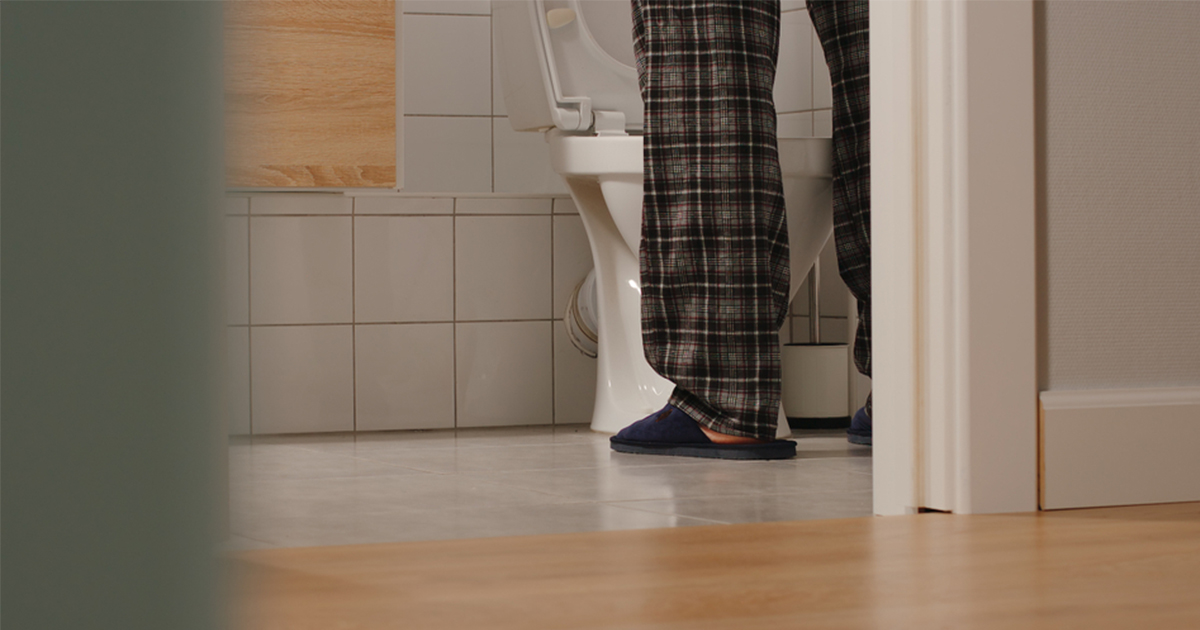Frequent Urge To Pee In Winter?

Has anyone worried about frequent urination in the colder weather and hoped they don't have a kidney problem? This is actually a common phenomenon and not much to worry about!
The primary job of the kidneys is to filter waste substances in the blood and flush them out through urination. When people are exposed to a cold environment, they can experience a phenomenon called "cold diuresis." Our blood vessels constrict to allow our body to direct blood flow to the vital organs to keep them warm. As more blood is rushing into the vital organs at a higher frequency, our body filters more blood than usual, resulting in frequent urination.
Therefore, it is normal to pee more in a cold environment. It did cause some inconvenience to our life, but never hold your pee or drink less water. Dehydration and holding pee for a long period of time is harmful to urinary tract health. And because we urinate more, it is even more necessary to ensure we drink enough water.
"Cold diuresis" may seem annoying, but it can be a life-saving warning. Medical experts believe that "cold diuresis" is our body's mechanism to prevent body temperature from going down too low. Excessive heat loss can lead to shivering, confusion, slurred speech, shortness of breath, and even death. Medical experts see "cold diuresis" as the first warning sign when the body loses too much heat. They suggest people go to a dry and warm place and seek medical attention immediately once the signs appear.
- * All research and clinical data should be used as reference purposes only, results may vary.




